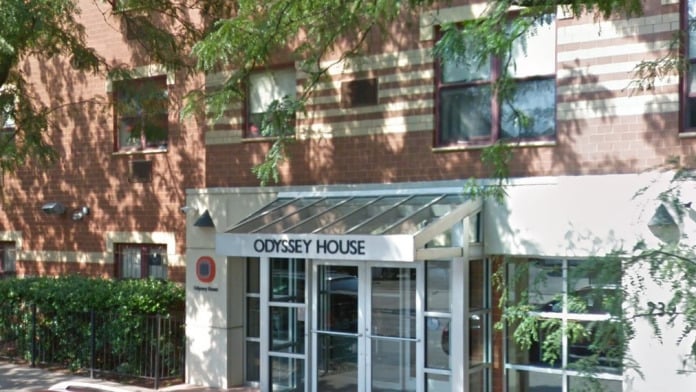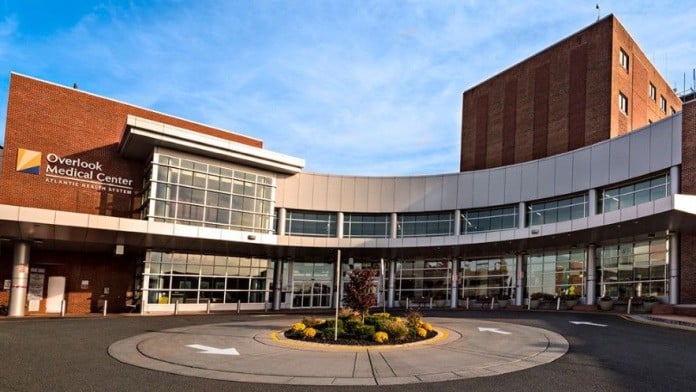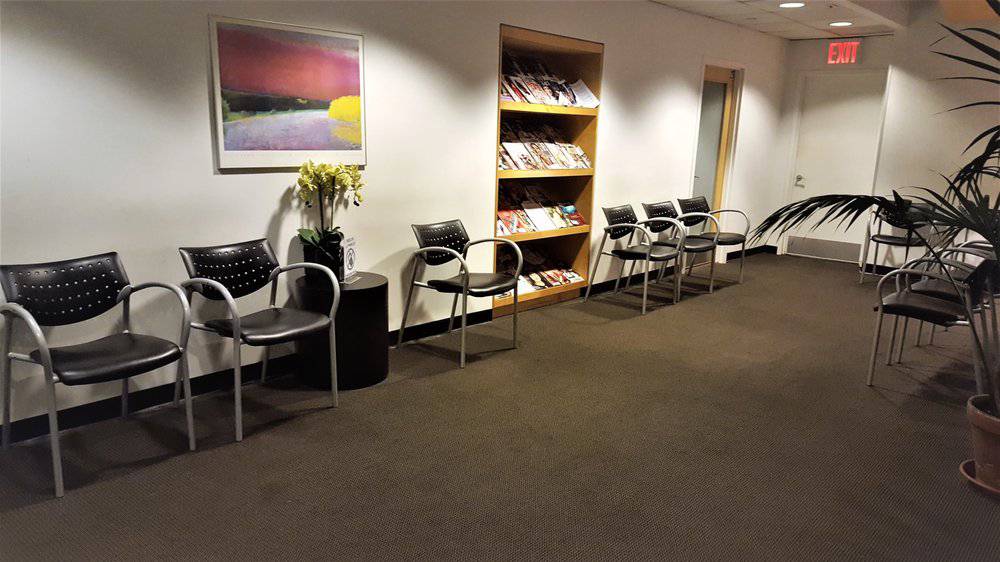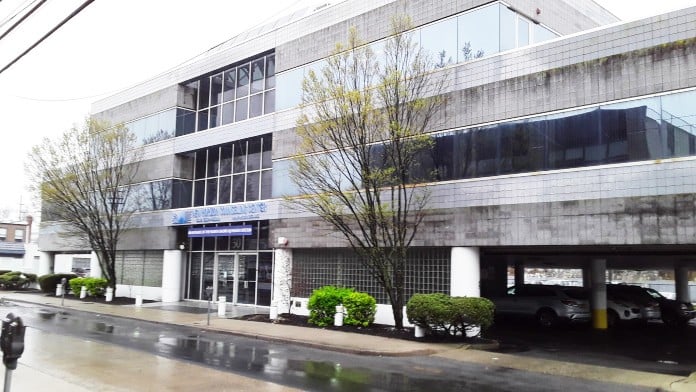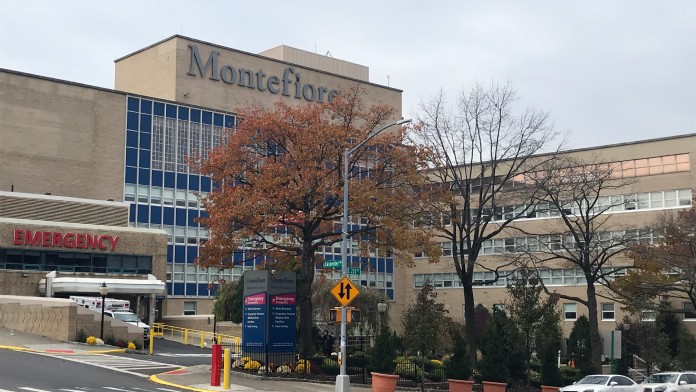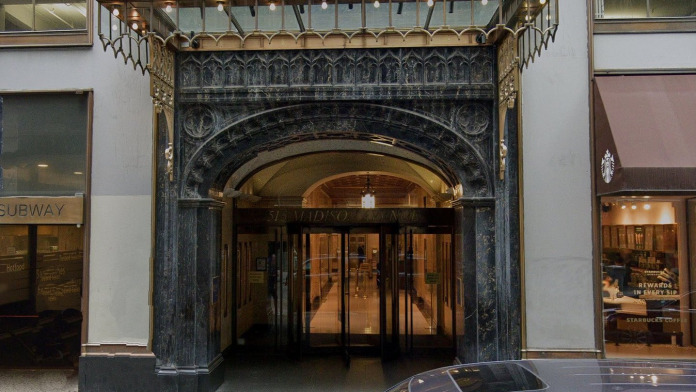I have contacted the Center for Motivation and change for outpatient treatment. The experience was terrible. Note! This is a referral based service. They referred doctors, and probably split the fee in some way. After a ridiculous and meaningless intake procedure, they r ...
About Center for Motivation and Change
The outpatient care at this location involves individual therapy, group therapy, couples therapy, and family therapy. The individual sessions offer personalized attention to help you focus on understanding your behaviors, thoughts, and feelings. This helps to improve your well-being and overall mental health.
Group therapy is led by a therapist and you’ll be with others who share your goals. This type of therapy helps you learn better ways of communicating with others. It also gives you a sense of shared community as you interact with other people with whom you may share similar issues and life obstacles.
Family and couples therapy isn’t appropriate for everyone but keep in mind that addiction and substance use issues are usually family issues. Family and couples therapy can help you see how your substance use affects the family dynamic. It’s helpful for family members to understand their role in your substance use.
The approach taken at this center is different from many substance use treatment centers. They don’t offer the 12-step model (such as Alcoholics Anonymous or AA) that many programs focus on. While they’re not against AA, they understand that the all-or-nothing approach of AA isn’t right for everyone. They work with you to figure out the best way to deal with your substance abuse. The clinicians use harm reduction techniques when dealing with substance use and compulsive behaviors.
In working on your behavioral health, you’ll use treatment modalities such as cognitive behavioral therapy (CBT), dialectical behavior therapy (DBT), and cognitive processing therapy (CPT). They also have evidence-based treatments for post-traumatic stress disorder (PTSD) including therapies like eye movement desensitization and reprocessing (EMDR).
Former clients felt the program was excellent. One former client did mention that the center doesn’t accept most insurance and that if they’re out-of-network from your insurance provider, you won’t be reimbursed for any of your treatment.
Latest Reviews
Rehab Score
Accepted Insurance
Other Forms of Payment
Self-pay involves paying for treatment out of your own pocket. You can use savings or credit, get a personal loan, or receive help from family and friends to fund your treatment. If you don't have insurance or your insurance plan doesn't cover a specific program, self-pay can help ensure you still get the care you need.
Private insurance refers to any kind of healthcare coverage that isn't from the state or federal government. This includes individual and family plans offered by an employer or purchased from the Insurance Marketplace. Every plan will have different requirements and out of pocket costs so be sure to get the full details before you start treatment.
Private insurance refers to any kind of healthcare coverage that isn't from the state or federal government. This includes individual and family plans offered by an employer or purchased from the Insurance Marketplace. Every plan will have different requirements and out of pocket costs so be sure to get the full details before you start treatment.
Addiction Treatments
Levels of Care
 Outpatient
Outpatient
 Intensive Outpatient
Intensive Outpatient
 Aftercare Support
Aftercare Support
 Inpatient
Inpatient
Treatments
The goal of treatment for alcoholism is abstinence. Those with poor social support, poor motivation, or psychiatric disorders tend to relapse within a few years of treatment. For these people, success is measured by longer periods of abstinence, reduced use of alcohol, better health, and improved social functioning. Recovery and Maintenance are usually based on 12 step programs and AA meetings.
When you choose drug rehab in New York, you'll participate in a variety of treatments that are designed to help you live a drug-free lifestyle. Common methods of treatment include group, individual, and family counseling, medication management, nutrition, exercise, and management of co-occurring mental health disorders.
A combined mental health and substance abuse rehab has the staff and resources available to handle individuals with both mental health and substance abuse issues. It can be challenging to determine where a specific symptom stems from (a mental health issue or an issue related to substance abuse), so mental health and substance abuse professionals are helpful in detangling symptoms and keeping treatment on track.
Opioid rehabs specialize in supporting those recovering from opioid addiction. They treat those suffering from addiction to illegal opioids like heroin, as well as prescription drugs like oxycodone. These centers typically combine both physical as well as mental and emotional support to help stop addiction. Physical support often includes medical detox and subsequent medical support (including medication), and mental support includes in-depth therapy to address the underlying causes of addiction.
In New York you'll find substance abuse treatment programs that can help you address your addiction, and any co-occurring mental health disorders. These programs utilize evidence-based therapies such as cognitive-behavioral therapy (CBT), dialectical behavior therapy (DBT), and psychodynamic approaches to help you achieve recovery and new tools to sustain it. With various treatment options available, including outpatient, inpatient, and residential programs, you'll be able to find the resources and right level of care you need to effectively treat your addiction.
Programs

Adult Program

Young Adult Program

Teen Program
Clinical Services
Cognitive Behavioral Therapy (CBT) is a therapy modality that focuses on the relationship between one's thoughts, feelings, and behaviors. It is used to establish and allow for healthy responses to thoughts and feelings (instead of unhealthy responses, like using drugs or alcohol). CBT has been proven effective for recovering addicts of all kinds, and is used to strengthen a patient's own self-awareness and ability to self-regulate. CBT allows individuals to monitor their own emotional state, become more adept at communicating with others, and manage stress without needing to engage in substance abuse.
Whether a marriage or other committed relationship, an intimate partnership is one of the most important aspects of a person's life. Drug and alcohol addiction affects both members of a couple in deep and meaningful ways, as does rehab and recovery. Couples therapy and other couples-focused treatment programs are significant parts of exploring triggers of addiction, as well as learning how to build healthy patterns to support ongoing sobriety.
Dialectical Behavior Therapy (DBT) is a modified form of Cognitive Behavioral Therapy (CBT), a treatment designed to help people understand and ultimately affect the relationship between their thoughts, feelings, and behaviors. DBT is often used for individuals who struggle with self-harm behaviors, such as self-mutilation (cutting) and suicidal thoughts, urges, or attempts. It has been proven clinically effective for those who struggle with out-of-control emotions and mental health illnesses like Borderline Personality Disorder.
Research clearly demonstrates that recovery is far more successful and sustainable when loved ones like family members participate in rehab and substance abuse treatment. Genetic factors may be at play when it comes to drug and alcohol addiction, as well as mental health issues. Family dynamics often play a critical role in addiction triggers, and if properly educated, family members can be a strong source of support when it comes to rehabilitation.
Group therapy is any therapeutic work that happens in a group (not one-on-one). There are a number of different group therapy modalities, including support groups, experiential therapy, psycho-education, and more. Group therapy involves treatment as well as processing interaction between group members.
In individual therapy, a patient meets one-on-one with a trained psychologist or counselor. Therapy is a pivotal part of effective substance abuse treatment, as it often covers root causes of addiction, including challenges faced by the patient in their social, family, and work/school life.
Motivational Interviewing (MI) is a clinical approach to helping people with substance abuse issues and other conditions shift behavior in positive ways. It is more goal-oriented than traditional psychotherapy, as MI counselors directly attempt to get clients to consider making behavioral change (rather than wait for them to come to conclusions themselves). Its primary purpose is to resolve ambivalence and help clients become able to make healthy choices freely.
Amenities
-
Residential Setting
-
Private Setting
Staff
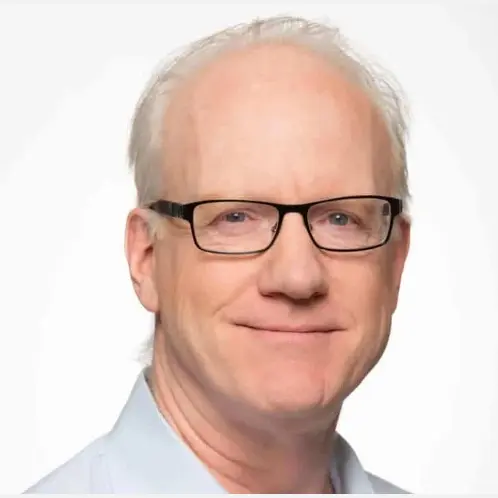
Jeffrey Foote, PhD
Co-Founder & Partner

Carrie Wilkens, PhD
Co-Founder & Partner
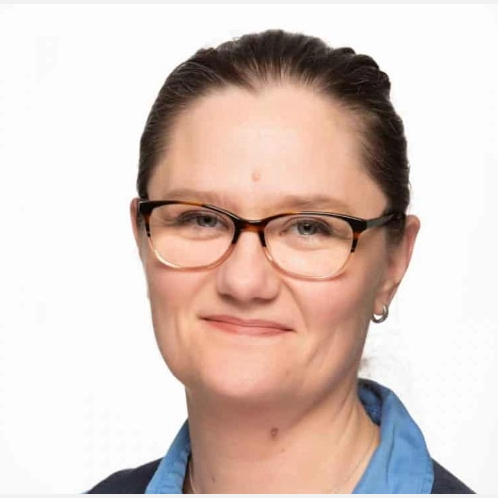
Nicole Kosanke, PhD
Clinical Director
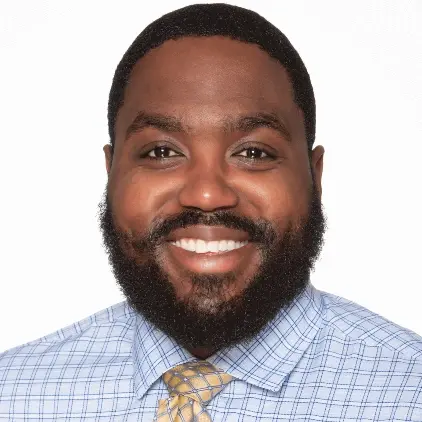
Jarell R. O. Myers, PhD
Director of Adolescent Services
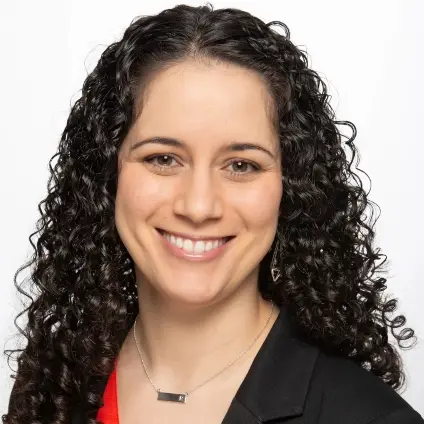
Rachel Proujansky, PsyD
Director of Trauma Services
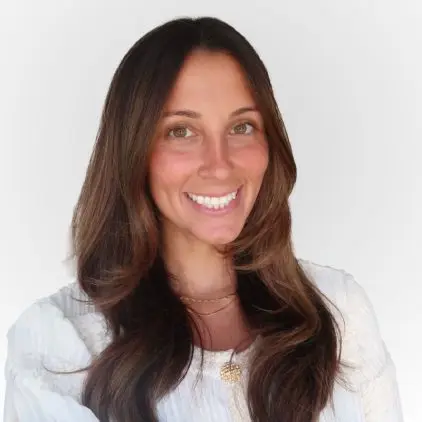
Sarah Goldstein, LMSW
Director of Clinical Outreach
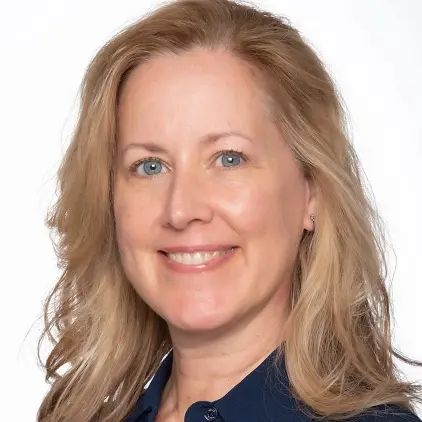
Kristina Steelman
Administrative Director
Contact Information
519 8th Ave
9th Floor
New York, NY 10018
